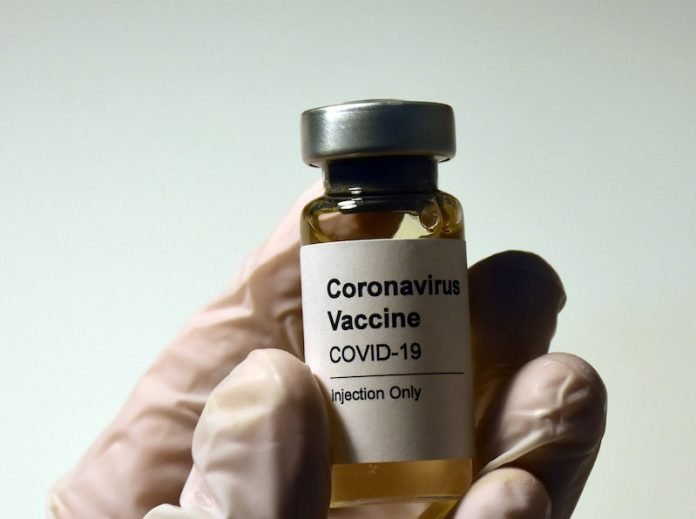
In a new study, researchers found that three new, fast-spreading variants of the virus that cause COVID-19 can evade antibodies that work against the original form of the virus.
They suggest that COVID-19 drugs and vaccines developed thus far may become less effective as the new variants become dominant, as experts say they inevitably will.
The research was conducted by a team at Washington University School of Medicine in St. Louis.
The three vaccines authorized by the Food and Drug Administration (FDA) for emergency use in the U.S.—made by Pfizer/BioNTech, Moderna and Johnson & Johnson—both target spike.
And potent anti-spike antibodies were selected for development into antibody-based drugs for COVID-19.
Viruses are always mutating, but for nearly a year the mutations that arose in SARS-CoV-2 did not threaten this spike-based strategy.
Then, this winter, fast-spreading variants were detected in the United Kingdom, South Africa, Brazil and elsewhere.
Sparking concern, the new variants all carry multiple mutations in their spike genes, which could lessen the effectiveness of spike-targeted drugs and vaccines now being used to prevent or treat COVID-19.
The most worrisome new variants were given the names of B.1.1.7 (from the U.K.), B.1.135 (South Africa) and B.1.1.248, also known as P.1 (Brazil).
In the study, the team tested the variants against antibodies in the blood of people who had recovered from SARS-CoV-2 infection or were vaccinated with the Pfizer vaccine.
They found that the B.1.1.7 (U.K.) variant could be neutralized with similar levels of antibodies as were needed to neutralize the original virus.
But the other two variants required from 3.5 to 10 times as much antibody for neutralization.
Then, they tested monoclonal antibodies: mass-produced replicas of individual antibodies that are exceptionally good at neutralizing the original virus.
When the researchers tested the new viral variants against a panel of monoclonal antibodies, the results ranged from broadly effective to completely ineffective.
Most of the variation in antibody effectiveness could be attributed to a single amino acid change in the spike protein.
This change, called E484K, was found in the B.1.135 (South Africa) and B.1.1.248 (Brazil) variants, but not B.1.1.7 (U.K.).
The B.1.135 variant is widespread in South Africa, which may explain why one of the vaccines tested in people was less effective in South Africa than in the U.S., where the variant is still rare.
The team says antibodies are not the only measure of protection; other elements of the immune system may be able to compensate for increased resistance to antibodies.
That’s going to be determined over time, epidemiologically, as scientists see what happens as these variants spread.
One author of the study is Michael S. Diamond, MD, Ph.D.
The study is published in Nature Medicine.
Copyright © 2021 Knowridge Science Report. All rights reserved.



